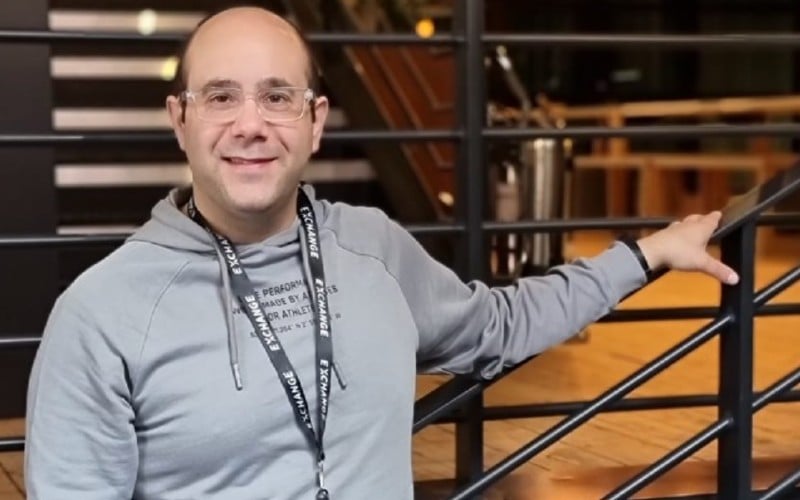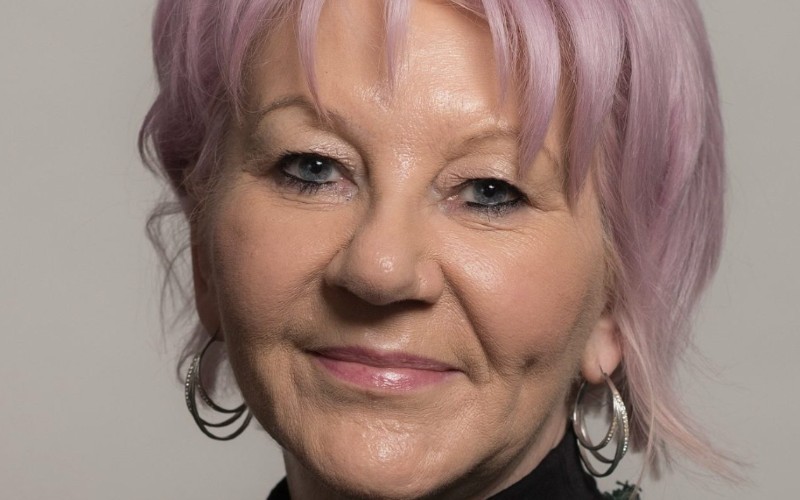Choosing an investor for your business is one of the most important decisions a founder can make.
Get it right and it can be the catalyst for growth; but get it wrong and it can end in tears.
Ahead of an event entitled ‘How do you spot a perfect investor from a poisonous one?’ TechBlast asked four of the speakers two simple questions:
• What does a perfect investor look like?
• What does a poisonous investor look like?
Glyn Powditch, co-founder, Dream Agility

What does a perfect investor look like?
Autonomy
Most of us start as entrepreneurs not because of the riches but because we want the freedom to create, the freedom to work when our energy is highest, when the ideas are flowing and to make our own decisions within a culture we’ve designed based on our values. This could be a Sunday night as we might be shattered by Monday morning. Given that, you really want an investor that is going to give you that freedom, so they need to be relatively hands off. I think many entrepreneurs fixate too much over the price and value of the deal, which implies a value of the company, rather than negotiating away the handcuffs. You really want someone who is interested in enough in you personally to open the doors, but ideally not someone who is materially interested unless they are going to come and work in the business. As an entrepreneur, we once had an investor who was essentially wanting his own accountant to scour through the final details of our books, absolute micro management, which he wanted us to print off as he could barely operate a computer. Absolutely not!
Connections and opening doors
When I look at many VCs, I’m not sure who many of them know who could help open the door to an agreement. I’ve seen investors who have promised to do this, and then done absolutely nothing.
Salary and pension
You need a salary upon which you can live and a pension. Pensions are a huge source of wealth in the UK but rarely discussed with entrepreneurs. THG founder Matt Moulding is someone to learn from in terms of owning land and property whilst scaling his company.
Clean break exits where possible on acquisitions
This is slightly different, but the synergy issue is key.
What does a poisonous investor look like?
Too much control
A poisonous investor is someone with a lot of control in the shareholder agreement, often out of sync with their equity or even with their voting rights, which could be small. Worse still for the entrepreneur is when they have clauses written in deep legalese, that your lawyers don’t articulate as to their implications in practical terms. For example, I want to open an office in a foreign country. Is there anything that a poisonous shareholder could try to implement in order to stop it? What are the penalties on them if they don’t make staged payments? What are the penalties for their inaction? What if they fail to approve resolutions contained in the agreement? On finance this can be business critical so if you can’t raise debt as they won’t allow it, and cut off funds, then what? Legal actions for startup and scaleups are costly. You don’t want ambiguous positions where even getting them to court will cost you £50k and a tonne of time. You want to imagine a big falling out and run scenarios of what they could do to hamper you.
Trust issues
There needs to be genuine trust between parties. If an investor thinks they need additional control in order to be comfortable, particularly in support activities like IT services, HR contracts, accounting, etc, or appointing all their friends, for which you give away pay and equity, then run from them. The shareholder agreement negotiations should have hints as to their motivations. If they were instead looking for incentive payments on sales they introduce, that would be a positive sign for me, although it’s probably unlikely. They may have a lot of time on their hands if an angel investor. You really don’t want that. EIS and SEIS schemes – we were warned about by other investors. There is a tendency they attract people who just want to save tax and I think that can be true.
Elizabeth Gooch MBE
Elizabeth Gooch MBE is a coach, mentor and board adviser to tech startups and scaleups. In 2017 she sold her Staffordshire-based back office software supplier EG Solutions to US tech group Verint for £26.3m.
What does a perfect investor look like?
I don’t think there is any such thing as a ‘perfect investor’. First and foremost, investors are investing their money in order to get a return. They can be really supportive in many other ways until it comes to decisions that affect their return and then they, quite rightly, return to their own objectives as the basis for the decision. An investor that seems like a perfect dream can then be perceived as a nightmare if they make a decision in line with their own objectives, rather than what the founder wants to do.
I have seen this play out in two or three scenarios:
Scenario 1. My own company when the investors decided to support the exit because the numbers looked right for their portfolios (6p vs 112p). A good return for anyone’s portfolio (I don’t consider them ‘poisonous’)
Scenario 2: A startup with a VC investor who agreed to invest a further £500k but needed it matched by the other directors who were the other shareholders. They were all high net worth individuals who could have easily supported the company but chose not to as they wanted to use the loss against other gains for tax purposes – the downside of EIS investors who are in it for the tax benefits only!
Scenario 3: A startUp with a VC who refused to back a second round even though the existing shareholders would stand their corner and invest more than them, leading to the company being wound up. Bit more of a story to that one but the nub of it is they brought the company down. They have done this with others and have a reputation for it.
How do you find the right investor?
It’s easy to rush into a relationship when you need the cash. But it’s important to take the time to:
• Research who you are taking investment from – understand their expectations and motivations, decide whether you can meet these for the short and long-term – and don’t forget it;
• Make sure you understand the terms you are signing up to. I see so many founders ignoring investor consents and then wonder why their investors get stroppy;
• Manage investor expectations if you have to deviate from the plans you outlined at the time of the investment – they were part of the deal and it’s often forgotten;
• Treat them fairly and practice good governance at all times;
Never forget that they invested to get a return and that’s their main motivation, however supportive they may sound.
Sam Royle, co-founder and CEO, SoSquared

Sam Royle said: “I’m going to answer these questions as it relates to my business and the stage we are at. I think there are nuances depending on business and stage.”
What does a perfect investor look like?
A perfect investor is someone who comes with a network that is directly correlated with the nature of your business. At pre-seed/seed stage investment you are still finding PMF (product-market fit) and therefore this investor can use their network to plug you into it, jump-starting growth where traditionally the barriers to entry would be too high for the stage in which you are at.
The investor is more than just money, they operate on arm’s length away, and let you run the business with freedom while being available as and when you need them. I am very fortunate to have a few of these on my cap table.
What does a poisonous investor look like?
A poisonous investor is someone who creates resentment, tension and or hostility across the senior team within a business, this can come in a few forms:
• Complete control over business activity through an approval process, creating more admin work;
• Documentation/justification for business activity and decisions at a micro level;
• Engaging in activity with members of the team and applying pressure to make or influencer decisions
David Levine, principal, Manchester Angels

What does a perfect investor look like?
No such thing as a perfect investor. A very good investor delivers on their commitments (puts in money when they agree to), is supportive, can open their Rolodex for hires, customer contacts, gets out of the way and let’s you execute BUT also helps you accountable and challenges you.
What does a poisonous investor look like?
A poisonous investor plays a zero sum game – any equity that you or team member has is equity they don’t and will do whatever they can to get that. They’ll work to maximise their ability to get their return and not care about founders, other investors or employees.
—
All the entrepreneurs will be taking part in the event – ‘How to spot a perfect investor from a poisonous one’ on April 18th in conjunction with Sanderson Recruitment.
The other confirmed speakers are Rory Cameron, co-founder and CEO of Gendius, which went into administration in December 2023 after talks with potential investors collapsed.
He’ll be joined by Ste Senior, of Manchester-based baby tech firm, Aibytech; Russell Teale, CEO of tech-for-good platform Vivify; and Laura Sissons, investment manager at YFM.


